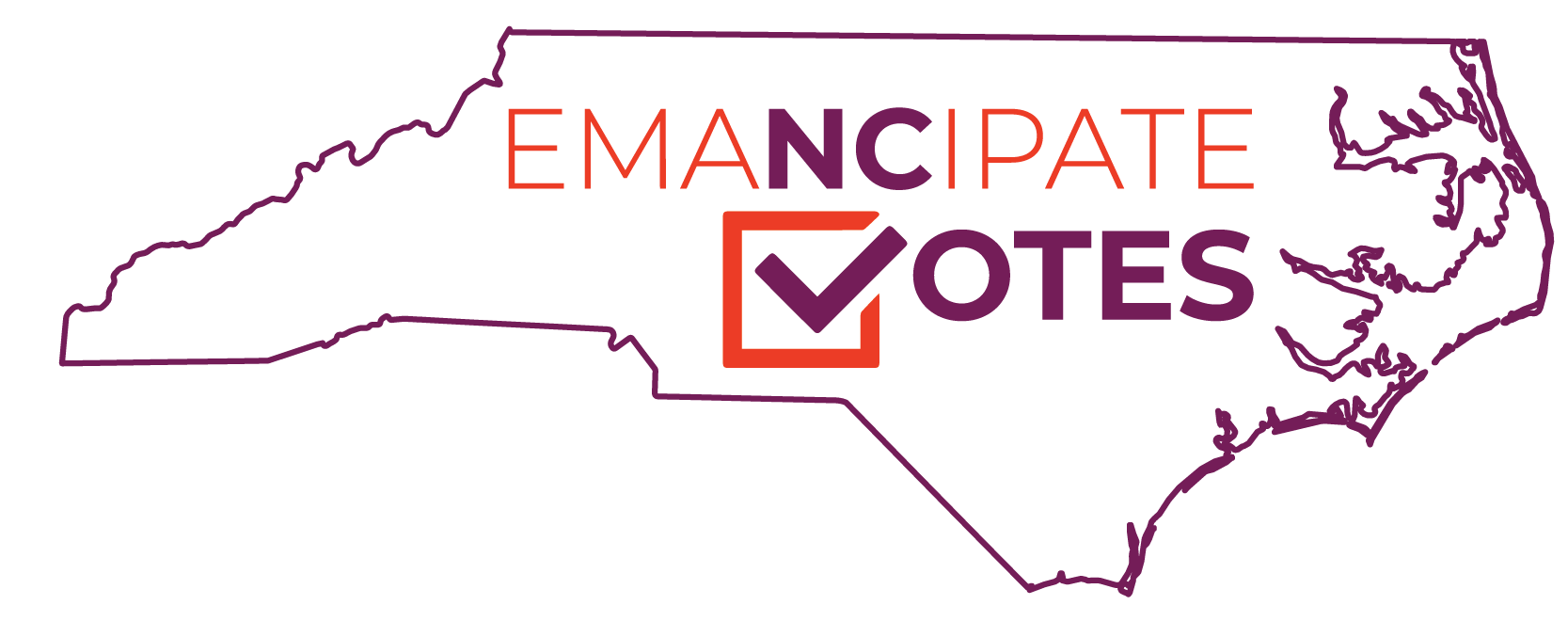County Sheriffs
The Powers of Your County Sheriff
In North Carolina, county sheriffs are responsible for:
In county jails and other facilities, sheriffs are ultimately responsible for:
- Providing access to medication
- Keeping incarcerated people safe from abuse
- Ensuring those with physical and mental health conditions receive adequate care
It is easier to die in jail than many realize. When you are brought to jail, all your personal effects – including medications – are immediately taken from you and held separately. For people with physical conditions, like diabetes or heart problems, or mental health challenges such as depression or schizophrenia, even a short-term lack of access to medications and proper medical care can quickly lead to serious complications.
Remember, jails are just for holding people, so many people brought to jail may never be charged with a crime. The experiences people have while being held in jail are deeply affected by the policies put in place by the county sheriff.
All potential gun buyers must get a permit from a sheriff before they can legally own a gun in NC. Sheriffs are the gatekeepers for who is issued a permit to own a gun in North Carolina. It is their responsibility to ensure that all gun owners:
- Have good moral character
- Will only use the gun for the following: protection of home, business, person, family, or property, OR for target shooting, collecting, or hunting.
- Are not mentally incompetent
- Have not been committed to any mental institution
Before issuing any permit, sheriffs should be checking with local hospitals and clinics for the mental health records of those seeking permits – but many do not. Sheriffs have the right to refuse a gun permit to those who do not meet the legal criteria for safe gun ownership.
By overseeing the entirety of the school resource officer program in North Carolina, sheriffs have a great deal of power over school safety. North Carolina county sheriffs:
- Select, train, and decide which officers can serve as school resource officers (SROs) in over 1,000 North Carolina public schools.
- Establish what criteria an officer must meet to serve as school resource officers.
- Decide what training these officers receive, and whether it includes learning about the social and cognitive development of elementary, middle, and high school children.
County sheriffs have the power to decide who their officers should arrest and what offenses they should arrest people for. In this way, sheriffs have a direct impact on who gets involved with the criminal legal system, and who gets to get on with their life. North Carolina county sheriffs:
- Can instruct their officers not to arrest people for certain, low-level, nonviolent offenses.
- Can require officers to send youth and other low-risk offenders to diversion programs, often avoiding a permanent criminal record.
Find Your County Sheriff
The NC Sheriffs Association maintains a directory where you can find the contact information for your local county sheriff.
Inform Your Vote
With your vote, YOU have the power to elect a county sheriff that will create the kind of justice system that is better for your community.
